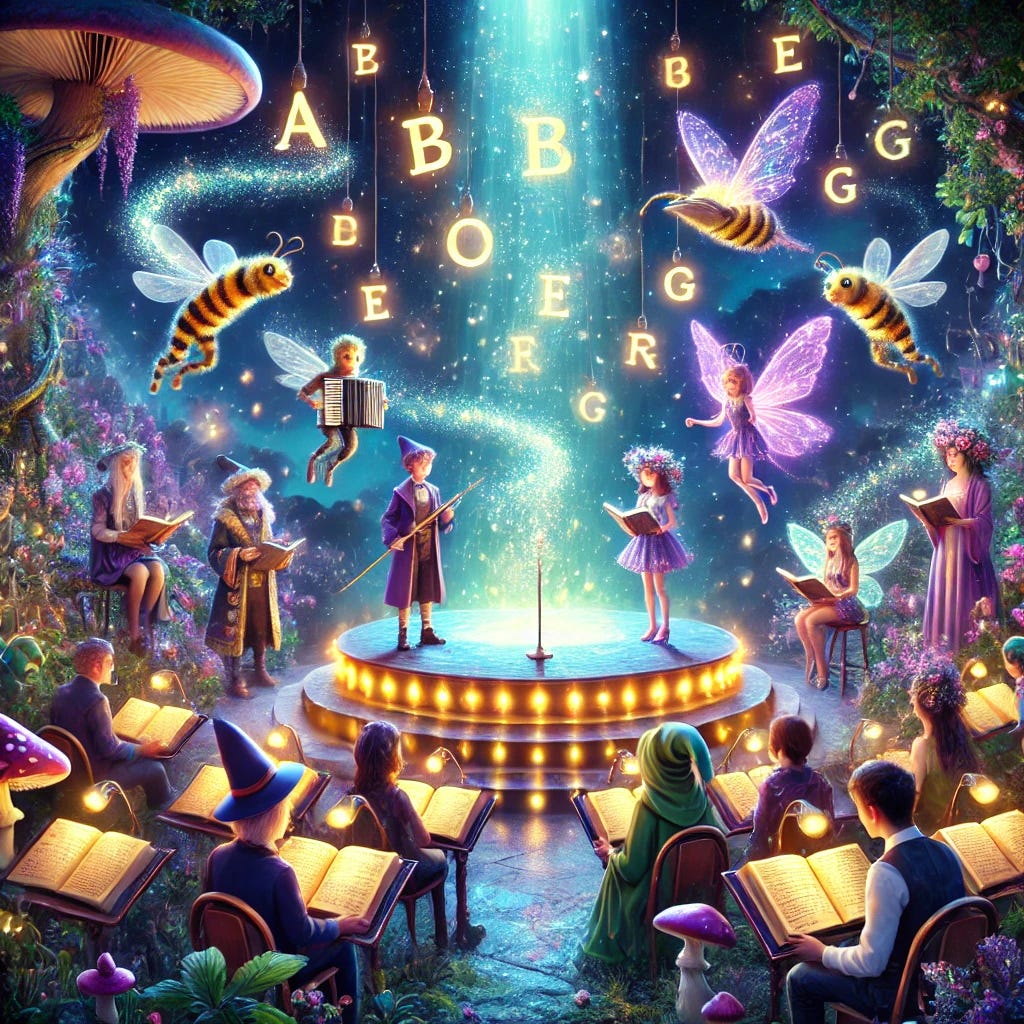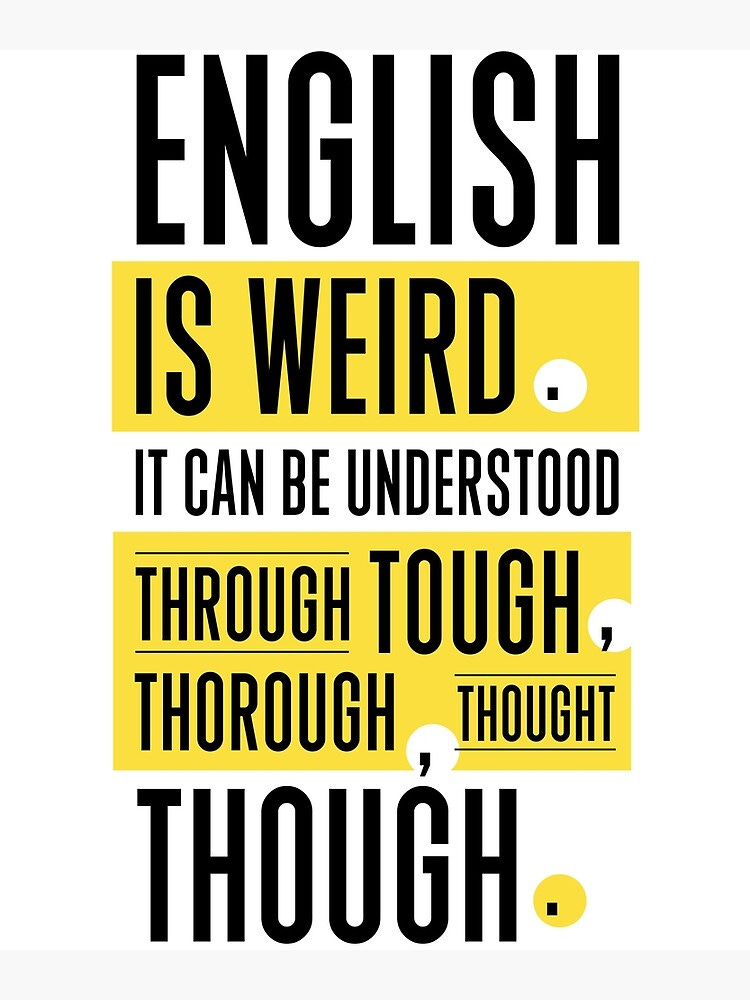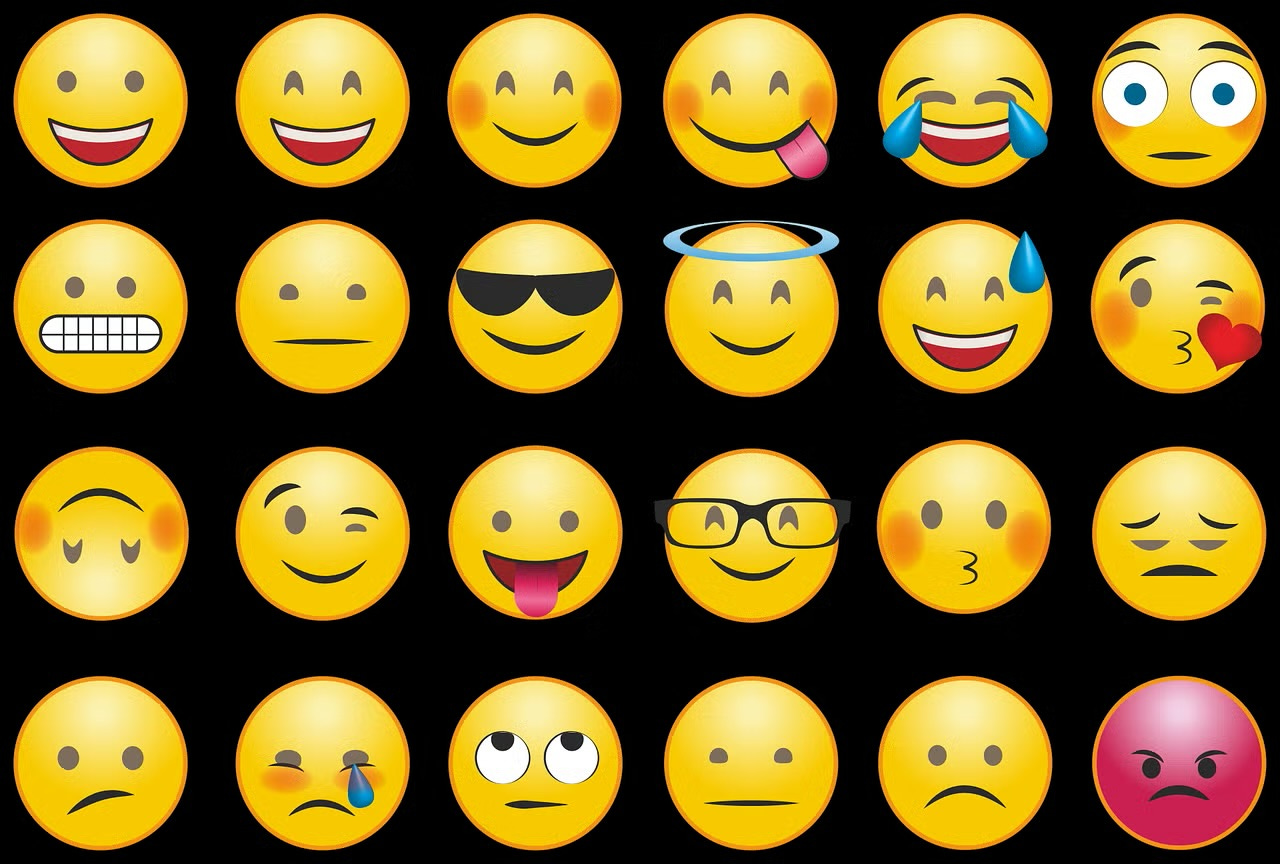Bengaluru
Given the subjects it covered, I had forecast that there would be no elaborate comment on FC 228. I am happy, though, that there were many likes and some words of appreciation and good wishes. I’m looking forward to the ortho taking the cast and the wires off on the 24th.
Lakshmi Raman says: “I predict you will be cast-free in a week! I wish your pen (and wrist) more strength in the coming year. Your early morning FC offerings on Sundays have given me so many hours of delight. Thank you, Prasanna.”
Ravi Padaki says: “The jolly Santa in red and white was a marketing gimmick. As we know, the Santa was created by Coca Cola (the colour of their logo) to sell their drink in winter when sales were low!”
Radhika Prasad says: “Your FC on forecasting was interesting. I found the trivia very valuable. I finished a 3-year course in Vedic Astrology. In Mysore, I found a lady who cast shells on a surface and made predictions.”
Niharika says: “Congratulations on another engrossing essay. It casts a spell on the reader. Thanks for adding ‘Scryer’ to my lexicon.”
💬 Spellbound
On Christmas Eve, I went to my ortho with the belief that I would be rid of the cast after the wires were removed. Yes, the wires were pulled out but a new cast was put on to ensure further bone consolidation. So, I am still single-handed, but I have gotten used to it. I am seizing this opportunity to become सव्यसाची ie ambidextrous. I was unaware that ‘Savyasachi’ is an epithet for Arjuna, who could shoot the arrow with the bow on either hand with dexterity.
I consider myself to be a wordsmith, a skilled user of words, more in the realm of puns. But when it comes to spelling a word, I cannot say I am a ‘spell-smith’. I was quite spellbound watching young kids competing in the ‘Spelling Bee’. Have a look at the winner of this contest in 2024:
Closer home there is Spell Bee International in Chennai. You will be surprised by how much is being said and done about spelling.
English is such a strange language as you all know. There are many words which are spelt and pronounced differently. If I am asked to spell some of the words like Hors d’oeuvres I’m bound to spell it wrong though I may be spellbound by their look and taste. I will think twice before taking up the challenge of spelling ‘schizophrenia’. Once I was asked by one of the tour organisers about the spelling of the word ‘itinerary’ I may be heard saying itinary or itinery.
Teaching or learning a language is never easy even if that language is your mother tongue. You may well speak that language but try teaching it or teach yourself how to read and write in that language. You will realise that it is challenging and more challenging as you get older. Imagine you are teaching spoken English but the student is not making much progress and is quite unresponsive. If you asked him out of frustration “Why are you mum? Cat got your tongue?” your student who is tongue-tied will wonder why a cat would get his tongue! How will he give tongue to his feelings?
English spelling is complicated because it has inherited five letters for vowels from the Roman alphabet and speakers have to make them work for more than twice that number of sounds.
English has unusual consonant sounds as well like ‘th’ in ‘bath’ and ‘bathe’. Most learners of the language find English grammar unusual. They find it quite strange that by simply reversing the elements in a sentence, a statement can become a question or vice versa. For instance the question “Is traffic in Bengaluru insufferable?” becomes a statement “Traffic in Bengaluru is insufferable”.
I’m no linguist nor do I claim proficiency in the English language. Over time, as I progressed from FC 001 TO FC 228, I marvelled at the formidable attributes of this language and how its lexicon is still evolving by taking into its fold new words. Take the simple example of ‘emoji’. I gather that this is a hybrid Japanese word in which e means picture and moji means character. Emojis were developed way back in 1990 when teenagers found it convenient to use them on pagers that had limited space for messaging. People are turning to emojis to express their thoughts rather than cope with the spelling and grammar involved in text messaging. They are here to stay even when messaging is not constrained by space. Each emoji reflects an emotion and they have evolved so much that I need an emoji dictionary to fully comprehend them.
A lot of people have poked fun at English. Like, it appears that in a class the students were asked to place the word ‘only’ in the sentence ‘she told him that she loved him’. It threw up as many answers as the number of words in the sentence. Not to be left behind, the protagonist remarked, “We are very accommodating”.
An extreme but ridiculous case of fun-poking was found in a logical attempt to spell ‘potato’. Now see the logic:
If ‘gh’ in hiccough can stand for P
If ‘ough’ in dough can stand for O
If ‘eigh’ in neighbour can stand for A
If ‘tte’ in Gazette can stand for T
If ‘eau’ in Plateau can stand for O
Then the way to spell ‘potato’ will be: ghoughtteeightteeau. Oh! My.
The way in which an ordinary word in English acquires different meanings in a given context is quite amazing. Take for example the word ‘blue’ which I had alluded to in the past. In combination with other words, blue can be seen in different hues as you can see:
‘Blue mood’ is associated with sadness.
Something unexpected is referred to as: ‘from out of the blue’
‘Bolt from the blue’ which means ‘sudden and completely unexpected’.
‘Once in a blue moon’ is used when referencing something that rarely happens
‘Blue in the face’ is conversationally used when someone is pale from exhaustion due to the effort involved in doing or explaining something.
‘To burn with a low blue flame’. It applies to situations when someone is very angry but says nothing and lets their face and body language make the offending person squirm.
‘Blue blooded’ refers to someone hailing from Royalty or Nobility who didn’t have to work outdoors and whose skin was pale enough that you could see the blood vessels underneath, which looked blue, rather than red.
‘Blue-eyed boy’ has nothing to do with the colour of the eyes. It seems to have originated from the unconfirmed belief that a girl with blue eyes represented innocence. This idiom can be deployed in two contrasting contexts. It can be used scornfully and also as a compliment. You could say deprecatingly, “Though he does not deserve it, he gets promoted because he is the blue-eyed boy of the boss.” Of course, it can also be used as a compliment. For example, you could say, “After his stellar performance Gukesh became the blue-eyed boy of the world of chess.”
‘Blue-collar’ is an all too familiar phrase and means the working class. Blue was chosen as the colour of their uniform so that dirt and stains would not easily be seen. In sharp contrast, the expression ‘Men in Blue’ stands for the Indian Cricket Team. (sometimes they get beaten ‘black & blue’)
If readers have any other narrative about blue, please share. Now to end in a lighter vein:
A: Is there a word that has all the vowels including y (which should have been the sixth)?
B: Yes, unquestionably.
A: Which is that word?
B: Aaargh…
See you next week dear readers. Take care and be safe. Ciao.







About our ‘Men in Blue’. After the 4th test thrashing, the mood in the team was undoubtedly Blue’ and some were left Blue in the face explaining the outcome. Guys who are a spent force turn Blue Blooded’ hanging on to their past laurels . The young talent deprived of an opportunity to play burn in Blue flame. If we don’t learn our lessons quickly, we will continue to be beaten ‘Black and Blue’. The stain will show even if we change our colours to dark Blue. But to end on a happy note, Bumrah was our Blue-eyed Boy !
It just occurred to me that talking a blue streak could be added to your list! I could be accused of that!!!!
I am so sorry that your wrist is still in a cast but it doesn’t get you down as you continue to type away with brilliance. Patience and it will be good as new.